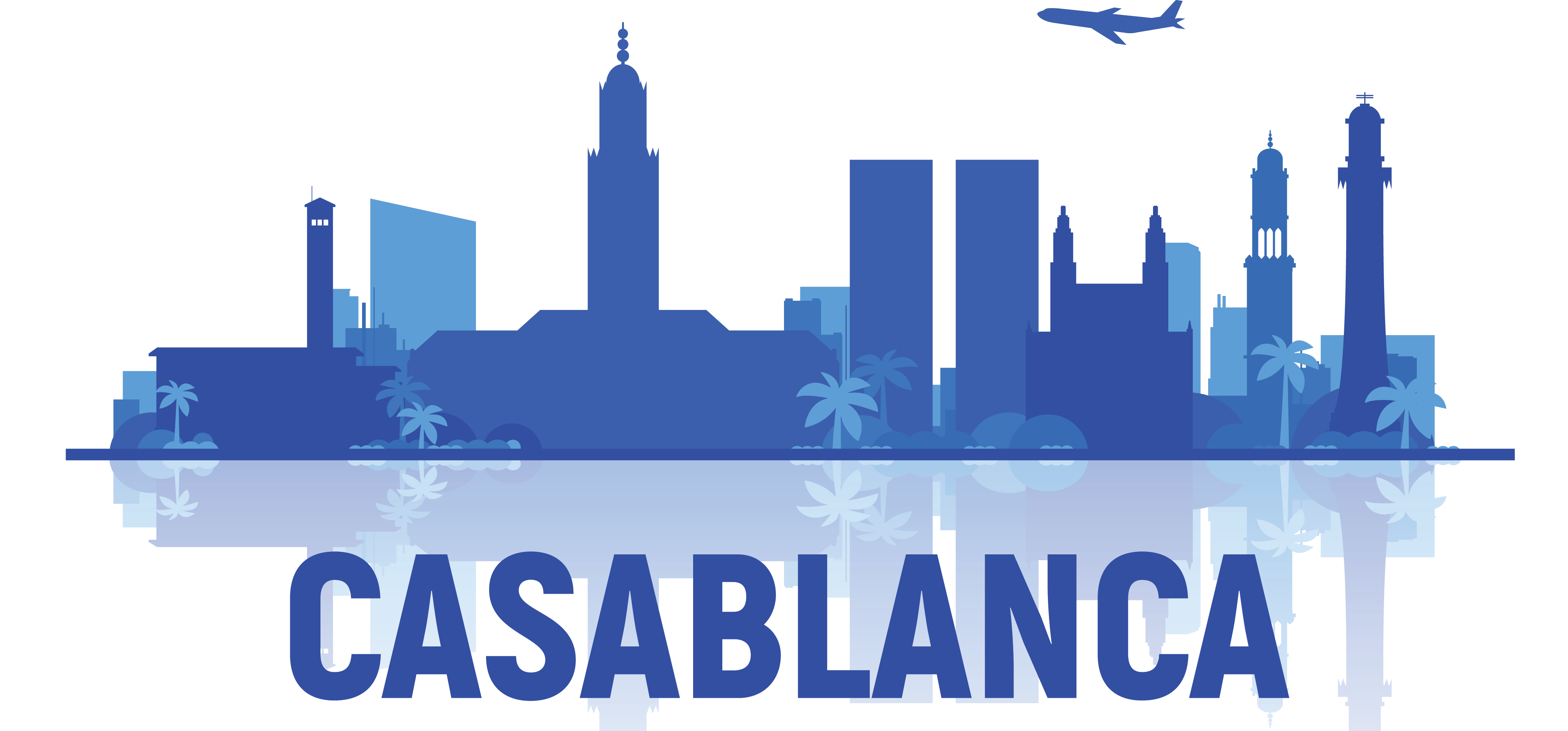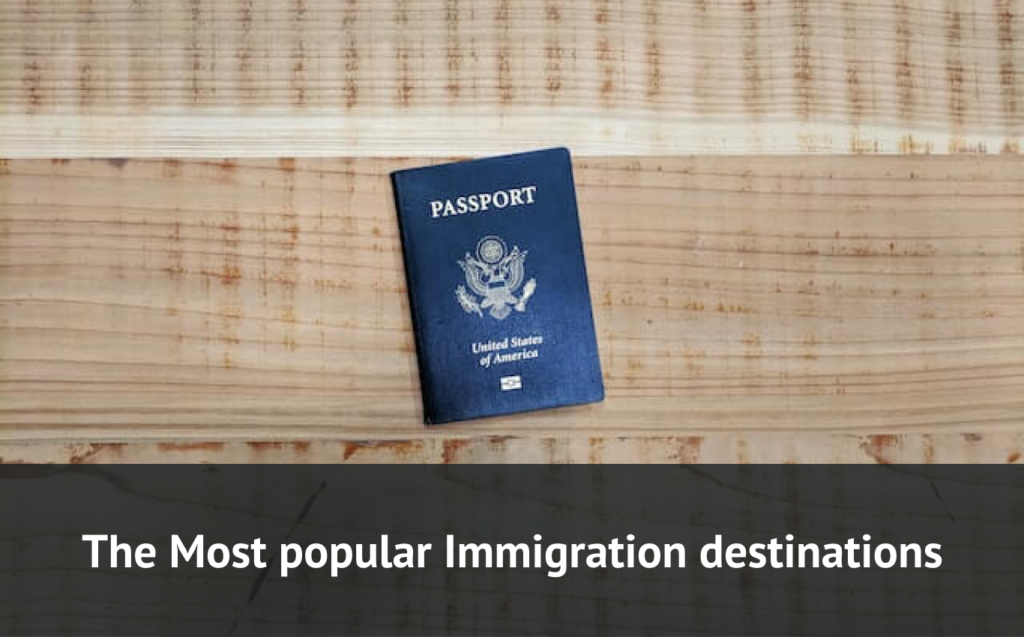 POSTES INTERNATIONALES DU MAROC
POSTES INTERNATIONALES DU MAROC
A Brief History Of ESL
In the Beginning
While most non-European nations were busy getting on with minding their own business in the 15thcentury, England decided it was time to build an empire. Expanding far beyond its natural borders, it single-handedly altered the destinies of countless nations, arguably for the better and the worse. It was during this time that the teaching of English as a second language began.
Any country who wished to do business with Britain needed to do so in English. So, what began as a natural outcropping of empire-building would, just a few centuries later, pave the way for formalized teaching of the English language.
Somehow, where other conquering nations failed to, the British reasoned that indoctrinating local populations in the English language at the expense of their own would not be helpful in the long term. As a result, they decided to adopt a bilingual approach to their language teaching. Of course, it was the upper classes who benefited from these lessons initially. The hope was that by educating these segments of the local populations the British perspective would become ingrained and bred into future generations. The strategy worked.
Here We Are
English soon flourished around the known and New World and the English vocabulary expanded, adopting new words and jargon from centuries old languages. As English-speaking migrants moved around the world and settled in new places they brought the English language with them. By the 19th century, formalized ESL was developed.
Now there are many countries for whom the speaking of English is an immigration requirement. Why? Because English has become the chosen language. Every nation around the world recognizes it as the international language of politics and commerce. English, in other words, has become the key to the kingdom of prosperity, for individuals and nations.






